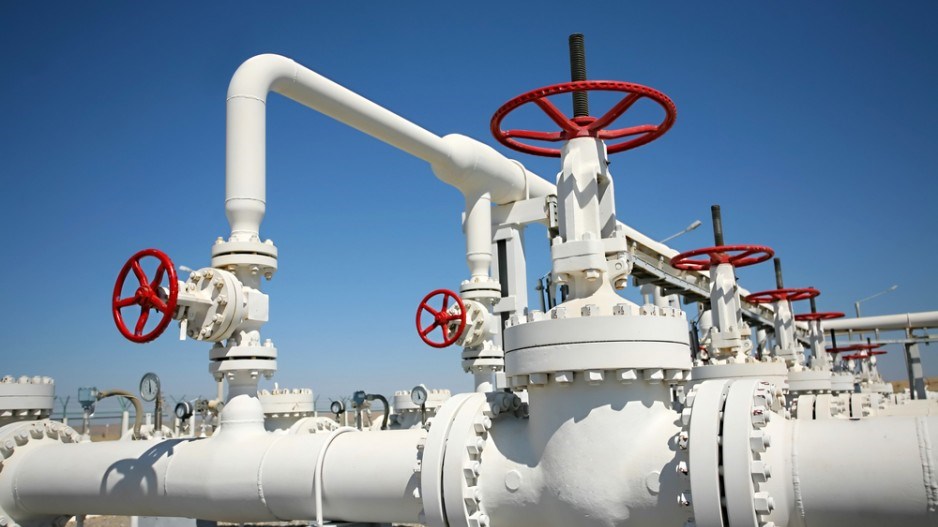British Columbia’s global ranking for having policies that attract oil and gas investment has slipped, due in large part to political uncertainty over land claims, taxation and environmental regulations, announced the Fraser Institute November 18 in its annual Global Petroleum Survey.
B.C.’s ranking fell from 39th out of 147 global jurisdictions in 2012 to 47th of 157 in 2013.
“Overall, uncertainty in B.C. concerning disputed land claims, which areas will be protected and the basis for or anticipated changes to environmental regulations pose the greatest barriers to upstream petroleum investment in B.C.,” said Kenneth P. Green, senior director of natural resources studies at the Fraser Institute.
Some of the comments from respondents regarding B.C.’s oil and gas investment climate included:
- “Carbon tax in B.C. is a huge burden on natural gas companies;”
- “Political uncertainty in B.C. is a concern;” and
- “Regulatory paperwork and timing for approvals continues to get more complicated and cumbersome in Alberta and B.C. This may be a necessary burden given environmental concerns/awareness by the general public.”
Saskatchewan has the country’s most investment-friendly policies, with some respondents citing consistent application of laws and government support. Next is Manitoba, where some respondents felt a strong labour force and strong government support of industry promoted that province’s attractiveness.
Alberta came in third place in Canada, with “safe and simple language and rules,” “clear and predictable regulation” and “transparent and coordinated regulatory process” being some of the responses.
B.C.’s political uncertainty is affecting investment attractiveness beyond its borders. Respondents to the survey stated that Alberta’s ranking was negatively affected by indecision around the proposals for two pipelines carrying oil and gas from Alberta to the west coast of B.C.
For the first time, the Fraser Institute also included a category for ranking jurisdictions based on proven oil reserves, something that since the survey began in 2007 has not been a consideration. When this criteria is included, B.C. ranks 41sts out of 138. Alberta comes in third place worldwide, after Texas and Qatar.




